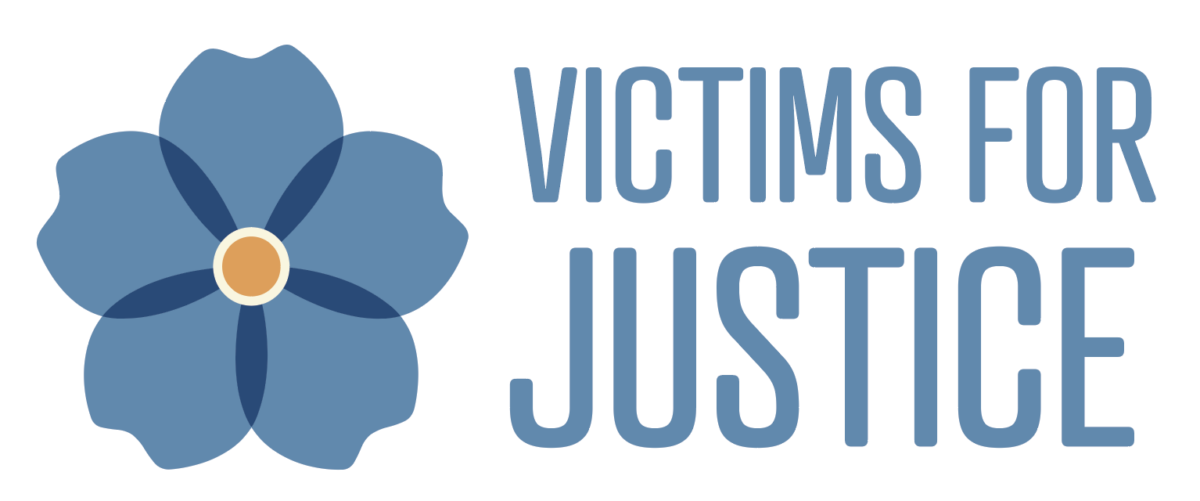What is a plea deal?
A plea deal (also known as a plea bargain or plea agreement) happens when the defendant pleads guilty or no contest to their crimes. In exchange for taking a plea, they often receive reduced charges and/or a reduced sentence. Once a defendant takes a plea, the case is closed.
What is the difference between pleading guilty and pleading no contest/nolo contendere?
- If they plead guilty, they legally admit to the crime.
- If they plead no contest, they are telling the court that they are not going to fight the charges.
Either way, both guilty and no contest pleas are considered to be a “complete admission to all elements of the crime.” https://ovr.akleg.gov/docs/Glossary.pdf
Does a plea deal mean the defendant has admitted guilt?
Legally, yes. However, this does not mean that the defendant will make a confession nor apologize for their actions. The defendant might do that if they choose, but they are not legally required to do so.
Who decides the terms of the plea agreement?
The prosecuting attorney is the only person who may choose to submit an offer to the defense. Once the offer is on the table, there may be negotiations between the prosecutor and the defense lawyer to come to a final agreement.
What are my rights as a victim in relation to plea deals?
- Notification: Victims have the right to be notified of the plea before it is submitted to the defense. If the prosecutor has made reasonable attempts to contact the victim and they were unable to do so, the prosecutor may move ahead with the offer.
- Right to Confer: Victims have the right to discuss the plea with the prosecuting attorney and express how they feel about the plea offer.
Important note: Victims do not have the right to prevent the attorney from offering, withdrawing, or changing the terms of a plea deal. This means that the prosecutor can still offer the plea, even if you disagree. This also means that the prosecutor can refuse to offer a plea, even if you want them to. Victims also do not have a legal right to appeal the prosecutor’s decision.
How long does the defendant have to decide whether to accept or reject the plea?
Most pleas have a defined expiration date that is set within a few months of the date the deal is offered. However, it is common for the prosecutor to allow extensions.
How will I know if the defendant accepted or rejected the plea?
While the plea offer is pending, the court case will proceed. There will not be a specific hearing or announcement to let you know if the offer was denied or expired. The court process will simply continue as though the case were heading to trial. There might be bail hearings, pre-trial hearings, discovery hearings, etcetera.
If the defendant chooses to accept the offer, the court will schedule a change of plea hearing. If you are wondering about the status of a pending plea, contact the prosecutor’s office or your advocate.
What happens if they accept the plea?
Once the defendant chooses to accept a plea, the court will schedule a change of plea hearing. During this hearing, the judge will ensure that the defendant is entering into the plea voluntarily and understands the rights they are giving up by pleading guilty or no contest.
Am I allowed to submit a victim impact statement?
Yes. Victims have the right to offer a written or oral victim impact statement, or both, at sentencing. Victims of felony crimes may also submit a written statement for the presentence report. Contact the prosecutor’s office or your advocate to check when you will be allowed to give your statement.
What is a presentence report?
A presentence report is a document that the judge reviews before the sentencing hearing. It includes the defendant’s “prior criminal history, employment history, military service, family background, and so forth.” (https://ovr.akleg.gov/docs/Glossary.pdf). It may also include details of the crime and the defendant’s prospects for rehabilitation. If you submit a written statement, the judge will be able to read and consider your statement before sentencing.
What can I include in my victim impact statement?
This is your time to express to the court how the crimes that the defendant committed have impacted your life: emotionally, financially, medically, etcetera. For more guidance on writing your statement, please visit https://victimsforjustice.org/have-your-say/prepare-your-statement/
When will sentencing happen?
- Misdemeanors & low-level felonies: Sentencing often happens at the change of plea hearing
- Felonies: A sentencing hearing will be scheduled 2-3 months after the change of plea hearing
What are the potential pros and cons of plea agreements from a victim perspective?
The pros and cons of agreements depend on each individual person. Your advocate is available to help you process your thoughts and feelings about the plea offer. Here are some of the implications of plea deals victims should know:
- No trial: if the defendant takes a plea and the judge approves it, there will be no trial. Some victims feel immense relief that they will not have to endure a trial. Others want to go to trial for various reasons (wanting to hear details of the case, wanting the potential publicity of the defendant’s actions, etcetera.)
- No appeals: Defendants give up their right to appeal when they take a plea. The plea is final, and the case is closed. Appeals can add years to what is already a long court process.
- Guilty: While the defendant may not make a confession or apologize, they will be legally guilty of their actions.
- Potential reduced charges and/or sentence: As an incentive to take the plea, the prosecutor will often include reduced charges or a reduced sentence as part of the plea.

Recent Comments